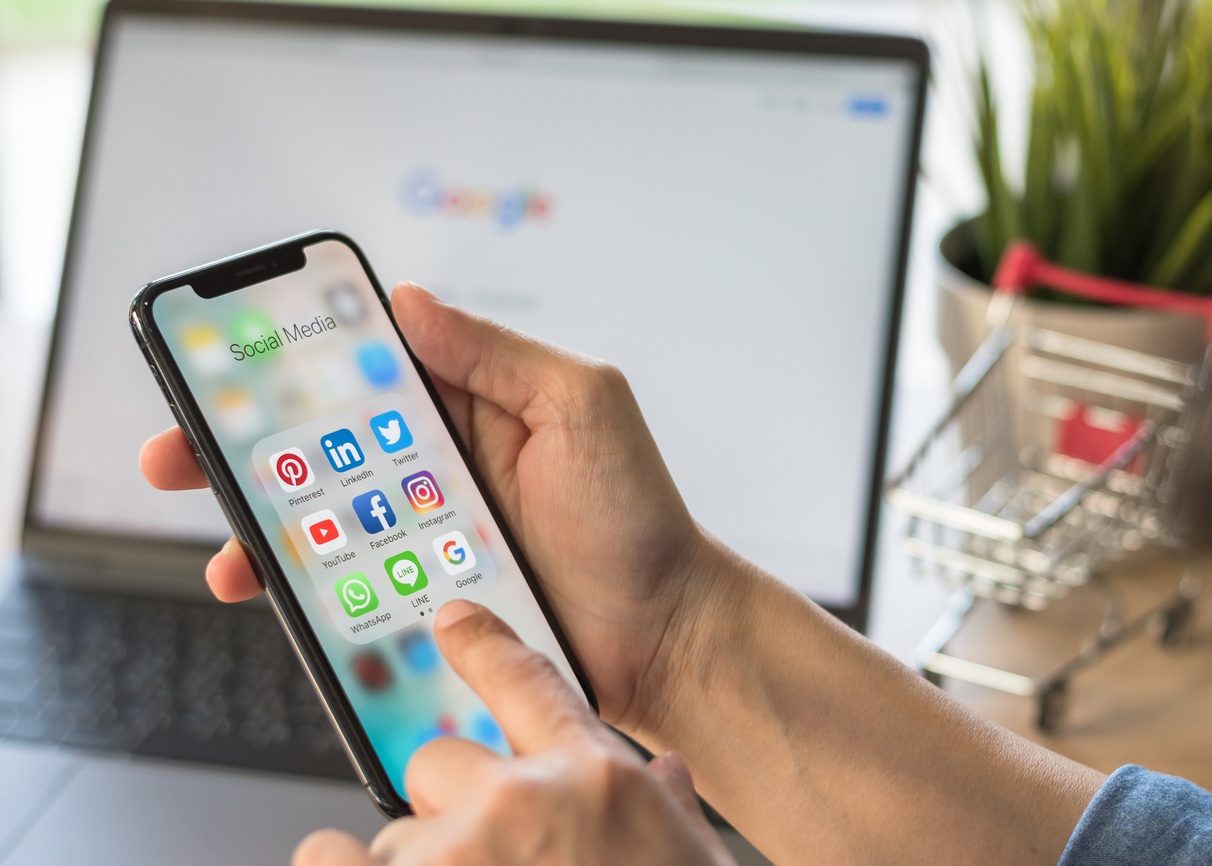Social media is everywhere these days, with more ways than ever to connect with friends and family. While Facebook, Twitter, and numerous other sites can be fun, they can also be risky for a personal injury plaintiff. If you have a pending lawsuit, your social media activity could come back to haunt you. And, you may be surprised just how easily it can damage your claim.
Examples of How Social Media Can Jeopardize Your Claim
The classic example of irresponsible social media use is posting a picture or video online that suggests you’re not injured. If you’ve been in an accident, you will almost certainly face some physical limitations. Most people are wise enough to not make the mistake of posting something that clearly indicates they’re not hurt.
But, it’s not always so cut and dry. A social media post might not suggest you have no injuries, but it could suggest you’re not as injured as you say you are. For example, pain and suffering is a common type of personal injury damages. Let’s say you were in an accident, and then claimed to suffer from anxiety and depression. A good defendant’s attorney might find pictures or posts of you happy, upbeat, and going about your life. This might seem harmless, but it can undermine your claim.
Your social media posts might not even be inconsistent with your injuries, but they can present a misleading image. For instance, you may have suffered a broken leg, and now you’re suing for pain, suffering, loss of mobility, and more. While your case is pending, you decide to visit the beach and post pictures of yourself lying in the sand.
There’s nothing necessarily wrong with this; someone who has broken a leg can still visit the beach. However, it looks bad to be seen enjoying yourself while claiming a number of damages. The problem could get worse because there’s a good chance the defendant’s attorney will start digging around to see if you did any other activities while at the beach. That presents an unnecessary headache for you and your attorney to deal with.
One thing you should absolutely avoid discussing on social media is the pending court case itself. Some plaintiffs make the mistake of bragging how much they believe they’ll win on the case. Posts like these are a distraction at best and can undermine your motives at worst.
What Should You Do with Your Social Media?
With so many social media “don’ts,” what should you do with your accounts? The safest step is to deactivate all of them. Strong privacy settings may make it difficult for someone to stalk your profile, but it won’t make it impossible. Deactivating your accounts at least until the trial or settlement is complete is the safest course of action.
One more tip: be sure to tell your friends and family to limit what they say on their own accounts. While you can’t control everything they do, it’s an added step that can protect you and your legal claim. Respectfully ask them to refrain from mentioning your injuries or the lawsuit until the case is finished.
At Hale & Monico, we work closely with our personal injury clients to help them put forth the strongest case possible. We also advise them on how best to conduct themselves leading up to the trial, including with their social media usage. Our goal is to help you win the compensation you deserve for your injuries. If you’ve been injured in Chicago and need assistance, give us a call today.

